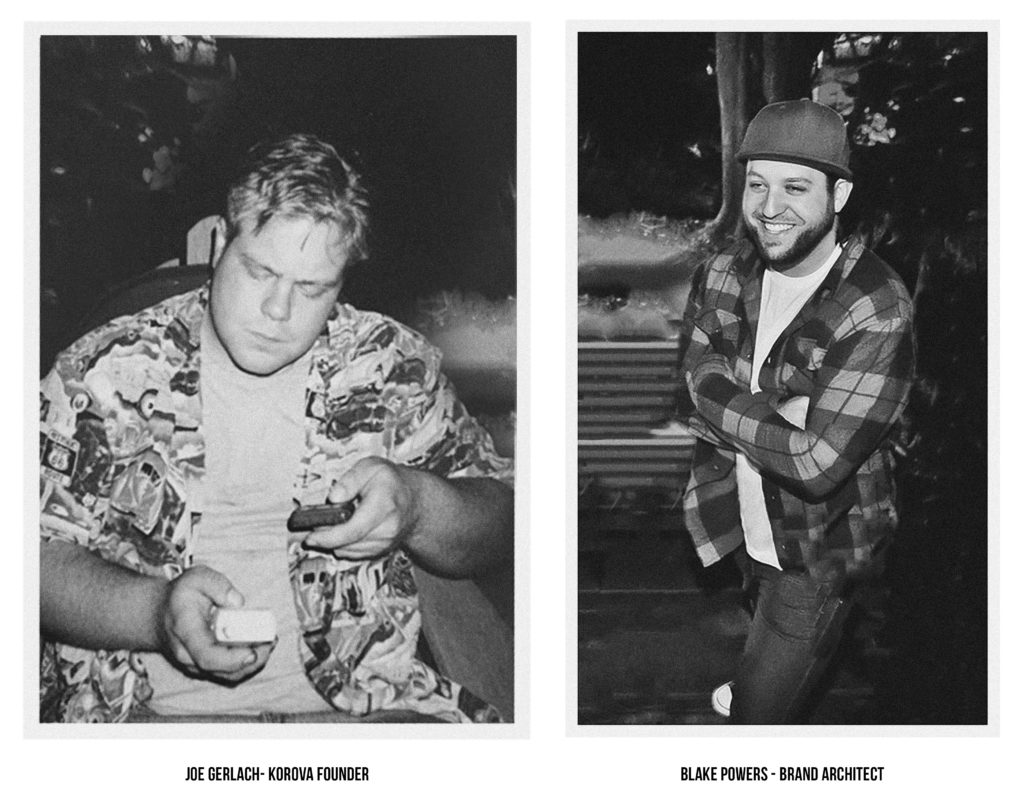Unrivaled, the parent of popular cannabis brand Korova, recently opened a huge new grow facility in Oakland, California. The brand that was known for strong edibles popular during the Prop 215 days has now redefined itself as a powerhouse of the legal weed market.
Last year, Korova merged with multi-state operator Terra Tech, a vertically integrated company with operations in California and Nevada.
The merger resulted in the creation of a new company that includes several cannabis brands, several dispensaries, several grow operations, and a distribution component. The new company was dubbed Unrivaled, in reference to Korova’s earlier tagline, “Unrivaled Potency.”
In the mid 2000s, the Korova brand became iconic for its marketing, which included numerous billboards throughout the state that featured its mascot, a three-eyed cow dressed as the character from Stanley Kubrick’s cult classic, A Clockwork Orange.
But when the recreational market opened, a legal potency cap was placed on edibles that prevented Korova from claiming that high potency status.
Anybody from the pre-Prop 215 days, when you mention Korova, will pretty universally respond with stories that they had with a high-potency edible.
Blake Powers, Unrivaled
So instead, they began investing in growing their own flower as well as sourcing it throughout the state.
Korova quickly became a flower brand, pivoting this way and that for the first few years of the legal recreational market to stay competitive. They created child brands Sticks and Cabana for lower-tier flower, plus expanded their Korova top-tier flower brand and launched their Unrivaled brand for premium top-shelf flower. Between these dispensary brands, Korova Unrivaled strains can currently be found practically everywhere in the state.
NorCal Roots
Korova was formed by high school friends in Napa, California in the early 2000s. Founder Joe Gerlach and brand architect Blake Powers grew up together in Napa and grew the business in Sonoma County.
The branding was inspired by Kubrick’s dark comedy in which drinking infused milk by the fictional Korova Milk Bar (Russian for cow) gave its user a trippy effect. The young men saw that movie as teenagers when they were first getting into smoking weed.
“Being exposed to that movie, that scene always stuck with us. They’re doing the same thing, infused edibles,” Powers said. “We had always loved that scene, so Korova it was.”

When the men moved operations to Vallejo and planted roots in Oakland around 2015, Korova really took off.
They were known for their billboards and they were specifically famous for their high THC cookie / brownie bar.
“We really were known for our 1,000 mg black bar. It’s pretty infamous in the cannabis industry. Anybody from the pre-Prop 215 days, when you mention Korova, will pretty universally respond with stories that they had with a high-potency edible.”
But when recreational weed laws were passed in 2016, Powers said, the men saw the writing on the wall. They tried to protest the 100mg THC cap on edibles that the law required, but to no avail. Suddenly, they were no longer competitive as the most potent edibles brand.
We’re back in full control at the helm of a spaceship of a grow and it’s time to put in exactly what we need.
Blake Powers, Korova
Powers and Gerlach made connections in Oakland as new licensed businesses were going online, which led them to work for a while with Grizzly Peak to cultivate and grow their own flower. It was the start of Korova reimagining themselves as a flower brand rather than an edibles brand.
The relationship with Grizzly Peak proved only temporary but was mutually beneficial for both brands in terms of building up strain libraries and refining grow operations.
Until Korova could return to its roots as grower-cultivators, they focused instead on sourcing flower. Sourcing flower from throughout the state allowed them to build Korova into a brand known for offering an array of hot strains with high-quality, consistent effects.
For flower that didn’t meet their quality standards, they developed lower-tier brands like Cabana and Sticks that offer consumers less-potent product at a lower price point. And for premium, top shelf finds, they developed their Unrivaled line with sleeker packaging to signal the high potency of the flower.
Last year’s merger with Terra Tech, Powers said, “allowed us to go back into cultivation. It was one of the key points about it, honestly.”
Unrivaled now plans for 2022 to be a year of returning to their love of growing.
Powers said that they’re more than ready: “we’re back in full control at the helm of a spaceship of a grow and it’s time to put in exactly what we need.”
From edibles to flower to a modern grow facility, the brand has pushed forward and now, Powers says, “we’re back.”
First Harvest from the Kremlin
Launched in September, the new cultivation facility (nicknamed the Kremlin, playing off of “korova” being a Russian word) is expected to produce 3,500 pounds of cannabis annually. It serves as a dedicated source of high quality, high-potency flower for the Company’s Korova brand of flower.
The state-of-the-art facility contains four fully populated flower rooms, each containing 60 lights, and has tripled Unrivaled’s existing cultivation footprint.
“With this harvest, and the many to follow from our Oakland facility, we have the unrivaled ability to manage the quality of the flower sold under this marquee brand name,” Unrivaled’s COO Uri Kenig said in a statement announcing its opening.
The first harvest from the new facility was of an OG pheno called Alien Blackout that Korova has successfully grown before.
Coming from growing 10-15 lights in a rented house on the coast to these massive grow operations, I’m like, does it really take all this to grow good weed? Yeah, it’s what it takes.
Blake Powers, Unrivaled
The idea, Powers said, is to start growing and cultivating Korova’s proprietary strains by utilizing their own strain library.
“We started growing weed in the early 2000s and these are some of our strains from back then,” Powers said. “We’re really excited to get some of our proprietary genetics back into the mix.”
The strains that they plan to start offering this upcoming year took decades to preserve.
“The founder of Korova has poured his passion into keeping some of these proprietary genetics alive. We have a strain of Super Silver Haze that we’ve kept alive for about 25 years now. So we’re very excited to see that come back,” Powers said.
The merger with Terra Tech involved building out the new facility to set the stage for the next step in Unrivaled’s growth. Powers says scaling up with the new facility was the right thing to do.
We started growing weed in the early 2000s and these are some of our strains from back then. We’re really excited to get some of our proprietary genetics back into the mix.
Blake Powers, Unrivaled
“We really kind of went overboard on a lot of it. Coming from growing 10-15 lights in a rented house on the coast to these massive grow operations, I’m like, does it really take all this to grow good weed?” Powers said. “Yeah, it’s what it takes.”
The facility’s first harvest in December showed off the equipment at its peak of performance.
“We’ve always found that those are some of the best crops you get are those first runs, when everything is brand new, all the lights are shining brightest,” Powers said.
The potency of the product and the skill of growing it comes in part from their use of an outdated technology.
It is, Powers says, one of the last grow rooms built with high-pressure sodium bulbs. “That’s how we all came up in the indoor scene. High-pressure sodium bulbs are just what we know how to use. That’s what we know how to get the most mileage out of,” Powers said.


